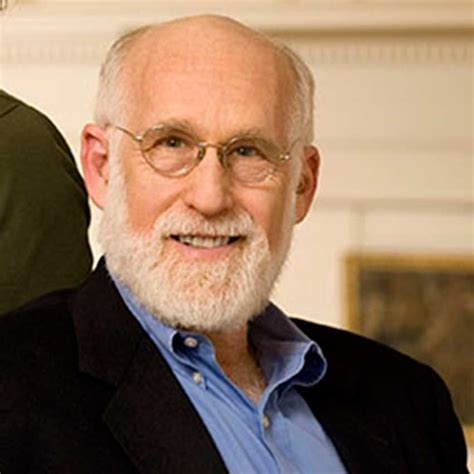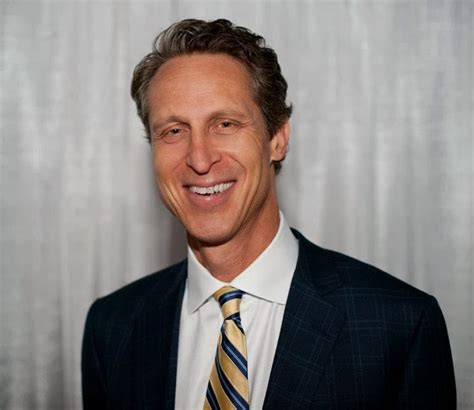A Quote by Jerome Groopman
On average, physicians interrupt patients within eighteen seconds of when they begin telling their story.
Related Quotes
The freedom of patient speech is necessary if the doctor is to get clues about the medical enigma before him. If the patient is inhibited, or cut off prematurely, or constrained into one path of discussion, then the doctor may not be told something vital. Observers have noted that, on average, physicians interrupt patients within eighteen seconds of when they begin telling their story.
I think when people begin to tell their stories, everything changes, because not only are you legitimised in the telling of your story and are you found, literally, like you matter, you exist in the telling of your story, but when you hear your story be told, you suddenly exist in community and with others.
I think when people begin to tell their stories, everything changes, because not only are you legitimized in the telling of your story and are you found, literally, like you matter, you exist in the telling of your story, but when you hear your story be told, you suddenly exist in community and with others.
Part of my training was learning how to refer patients to cardiologists for heart problems, gastroenterologists for stomach issues, and rheumatologists for joint pain. Given that most physicians were trained this way, it's no wonder that the average Medicare patient has six doctors and is on five different medications.
Both education and religion need to ground themselves within the story of the universe as we now understand this story through empirical knowledge. Within this functional cosmology, we can overcome our alienation and begin the renewal of life on a sustainable basis. This story is a numinous revelatory story that could evoke the vision and the energy required to bring not only ourselves but the entire planet into a new order of magnificence.
The average detective story is probably no worse than the average novel, but you never see the average novel. It doesn't get published. The average -- or only slightly above average -- detective story does.... Whereas the good novel is not at all the same kind of book as the bad novel. It is about entirely different things. But the good detective story and the bad detective story are about exactly the same things, and they are about them in very much the same way.
I think that people have to have a story. When you tell a story, most people are not good storytellers because they think it's about them. You have to make your story, whatever story it is you're telling, their story. So you have to get good at telling a story so they can identify themselves in your story.
The average human attention span was 12 seconds in 2000 and 8 seconds in 2013. A drop of 33%. The scary part is that the attention span of a goldfish was 9 seconds, almost 13% more than us humans. That's why it's getting tougher by the day to get people to turn the page. Maybe we writers ought to try writing for goldfish!




































